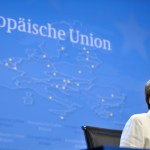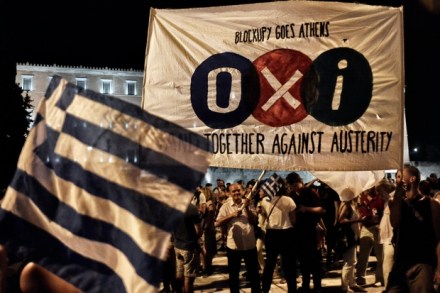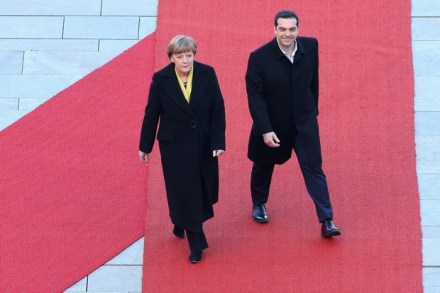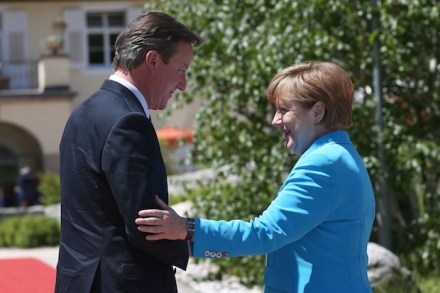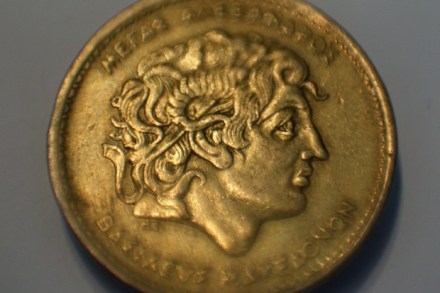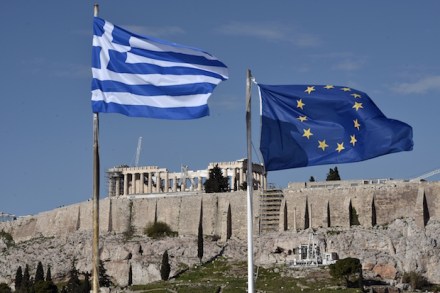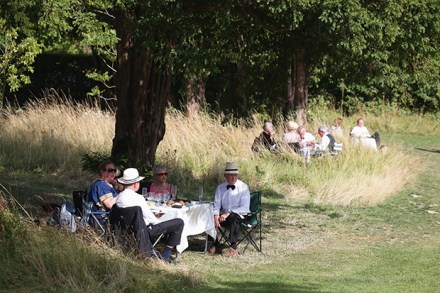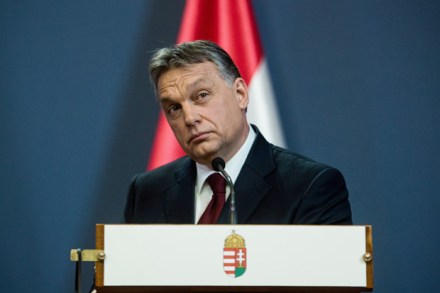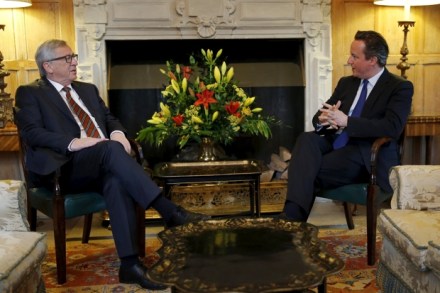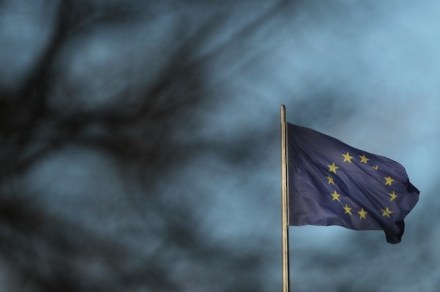A beginner’s guide to Euroscepticism
As a long-time Eurosceptic, I should be happy about the Johnny-Come-Latelys now swelling the sceptic ranks. Following Euro-institutions’ wicked treatment of Greece, many European liberals have finally realised that Brussels might not be the hotbed of liberalism, internationalism and bunny rabbits they thought it was. So, bit by bit, they’re becoming the thing they once looked down upon, the thing they once forcefielded their dinner parties against: Eurosceptics. But I’m not feeling very welcoming to these latter-day doubters, currently live-tweeting their Euro-existential angst and clogging their newspaper columns with tortured questions about whether the EU really is a ‘great achievement of enlightened internationalism’. (Answer: no, you donuts.) For two reasons.



